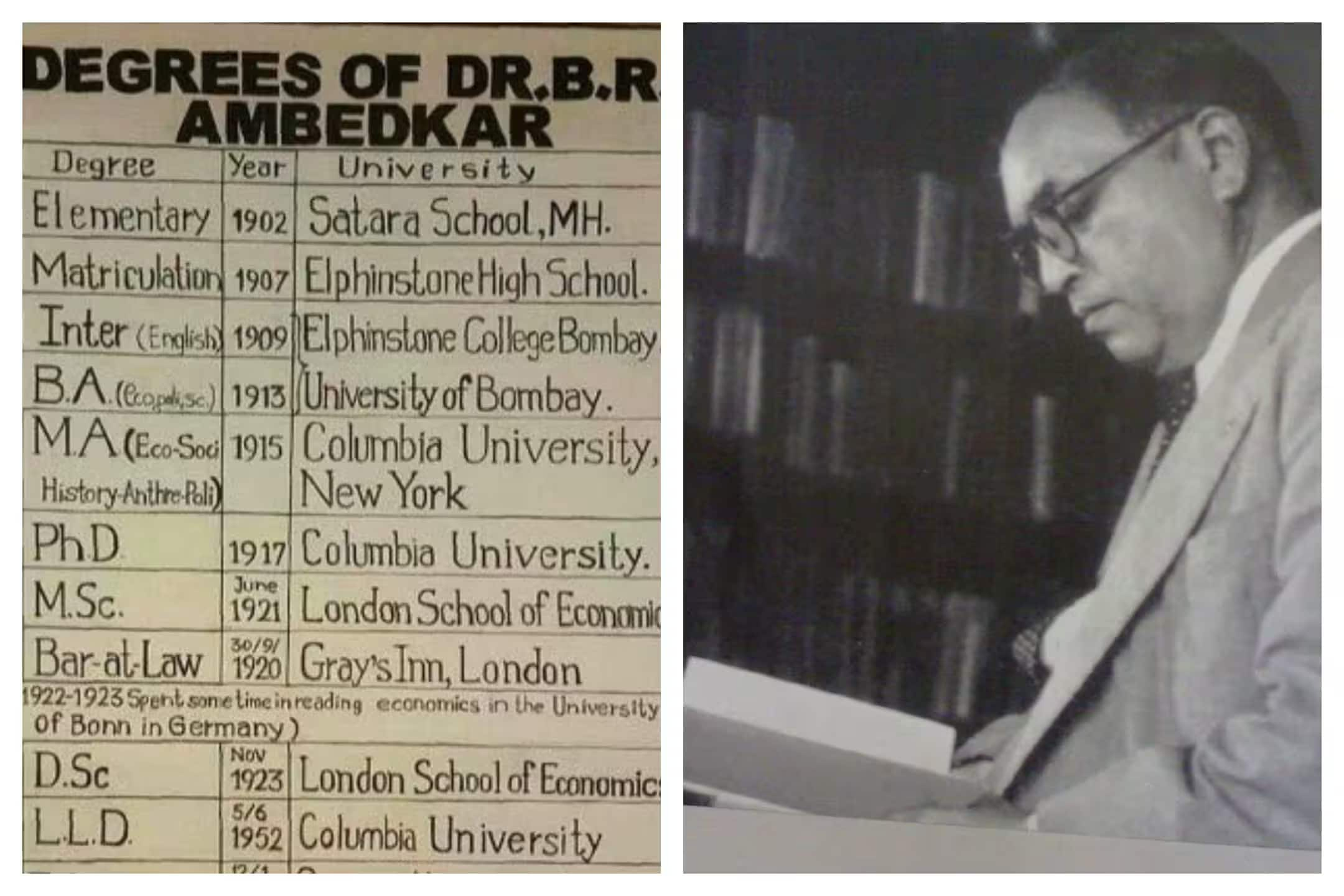
This pattern has become distressingly predictable. A terrorist attack occurs in Europe, often carried out by a lone individual using rudimentary tools such as knives, cars, or trucks. The immediate aftermath sees Europe in uproar, with the attacker’s identity scrutinised and affiliations with terrorist organisations speculated without hesitation or evidence.
If the perpetrator turns out to be a migrant, a Muslim, or a black person from Africa—categories frequently labelled as scapegoats for Europe’s ills—the incident becomes a sensationalised spectacle. Politicians and media outlets amplify the story, turning it into a platform for collective blame. Islam, Africans, or other marginalised groups are vilified, their entire communities put on trial for the actions of one individual.

By contrast, if the attacker is Caucasian, European, or unconnected to these marginalised groups, the narrative shifts dramatically. The incident is recast as the work of a “lone wolf,” attributed to mental illness or personal circumstances, and the story is quickly sidelined as the news cycle moves on. The recent attack at a Christmas market in Germany exemplifies this double standard, albeit with a unique twist.
Tragically, the attack claimed five lives and left 40 others critically injured. The perpetrator was initially identified as a Saudi Arabian national who had recently migrated to Europe. Predictably, far-right groups and even centrists seized the opportunity to decry Islam as fundamentally incompatible with European values, fueling a familiar rhetoric of exclusion and intolerance.
Mislabeling Edibles However, it soon emerged that the attacker identified not as a Muslim, but as an ex-Muslim and an atheist. He had reportedly fled Saudi Arabia due to criminal charges, publicly defended Israel’s policies, and described himself as a staunch Zionist. Once these revelations surfaced, his online presence, including an active Twitter account, was swiftly erased.
The narrative blaming Islam fell apart, and with it, the public discourse around the attack dissipated. What initially dominated headlines and political commentary was suddenly reduced to silence. Such selective outrage not only distorts the truth but perpetuates harmful stereotypes, deepening divisions within European society.
Tags: europe selective.















